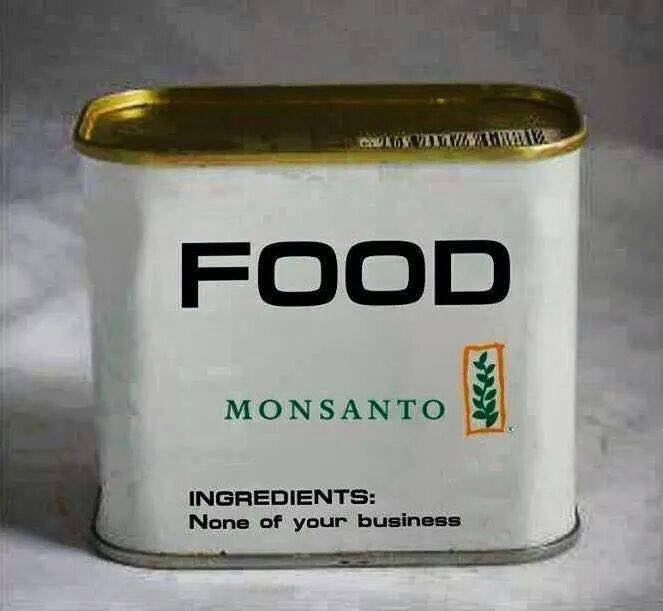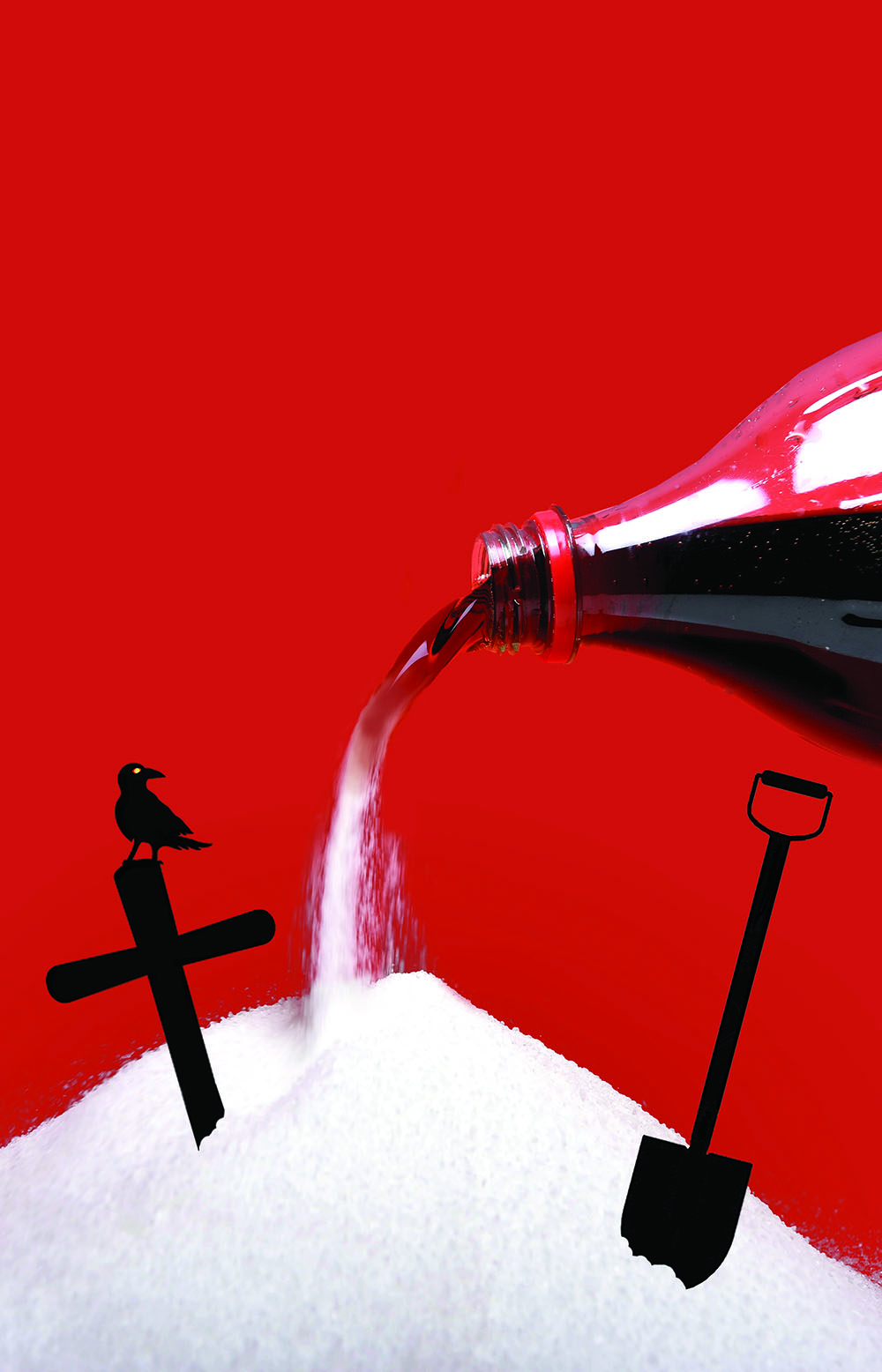On Science, the Religion Of. Or, “The King of the World is about to Reclaim His Throne.”
by Liam Scheff
I begin by saying that I have no remedy for you, reader. I cannot tell you how to unspool it. Or, I could, but you’d fight forever, and by the time you either capitulated to pure reason and dialectical logic, and dared to disassemble the technical firmament we’re told is “truth” into its constituent pieces, it would be clear that it was and has always been too late. A cheery thought, I know. Let me explain myself.
So. Take apart modernity; its roads and buildings, its creeds of medical testing, vaccine injection, portable electromagnetic frequency emitters, internal combustion engines, and digitized entertainment. Take it apart, piece by piece, noun by noun, verb by verb, and you’ll find the entire thing is built on a pile of charred petrol debris and a bit of math. Nothing more, nothing less. Which is to say: the modern world, like the ancient, is formed from available energy in the hands of a tool-making mammal. Because that is close to the essence of what we are, minus one or two other factors (hold tight, we’ll get there).
I realized I’m rushing ahead, so let me introduce this essay properly. The under-title, which is usually the clearer meaning of a work, is something like this: “Give up hope of technical salvation, and begin smoking, gardening and mating.” There, I have your attention. Back to the pile of petrol.
For it is petroleum which lights and darkens our path. For 102 years, since “Spindletop” field in Texas gushed a hundred thousand barrels of inky stinking petrol per day, we, the Western world, have been its ever dutiful servant, sacrificing everything, our future, our land, our food, our safety, our myths – ah, our mythology – to the black king, whose power we covet, we adore. It enraptures us, makes our world hum with vibrating contained-explosions in metal caskets, hurling 20 tons (and more) of metal through the sky, millions of tons of food and plastic (the child of oil) to all corners of the world, daily, hourly. This thing we call ‘economy’ which we put at the top of our cultural hierarchy is nothing but a beefy child of petroleum.
Let me put you in your mental time machine for the purposes of demonstration. Move in reverse five or six hundred years to the pastoral ‘middle ages.’ You live in a loosely-knit town. You live in a cottage with people. You farm, you hunt a bit. You’re drunk quite often, because fermenting grain or grapes is a good way to keep clean water around.
What do you do for energy? You eat food. You use a cow, an ox. It eats grass. The sun goes down; the moon rises. The moon crests, the sun comes up. You celebrate the seasons. There is no sugar, you have no cavities, but plenty of tartar on your teeth. Your clothes are hemp, durable and rough, but it softens over time. You sing – everyone sings. You have relationships with friends, family. You pay taxes to those who claim to be your betters. You do it so they don’t try to prove it to you with violence. You listen to the priests and wizards, druids and magicians of herbs and balms. You live, you love, you bear fruit, you carve wood, you make mandalas, you hunt, you play a stringed instrument. You tell stories; stories of creation and destruction; of Gods and monsters, of jealousy and comeuppance for violating someone’s law. You tell bawdy tales of sexual excess, that you seek to emulate when given the opportunity at some of the drunken revelries.
All in all, not a bad life, minus the rare bits of continent-wide illness that seemed to coincide with an increase in proximity and animal husbandry (such a strange term, is it not?) But those plagues were rare, and the long middle ages weren’t so dark as we were told in school.
But they had no oil, and no great driving conception of “progress.” In fact, before the power of oil unleashed everything – including the atom – to us, it was considered more important to resemble heroic models of the past, rather than to uproot the firmament and ‘create a new reality,’ as is our great delusion presently.
Indeed, a world of oxen, goats and simple farming did not have a concept of ‘making the world a better place,’ or ‘raising awareness about important issues,’ nor did it measure its total value in a stock market which traded numbers whose ‘outlook’ is based on predictions about a future that must pay back tomorrow more than was spent today.
Because then, the energy to make life work came from the Sun, and was transmuted into flesh by nature (or Nature, if you want to be serious about the magic of it.) But, so what? So we use oil to make our civilization? Isn’t that itself a kind of progress?
I’ll answer a question with a question: What is the value of oil – of a barrel of it? We use so many barrels – how much is it worth, in terms of you or me working on a farm, slinging a scythe to harvest grain, or digging a trench or furrow, or making a new “hugelkultur” mound to grow vegetables? (We do agree that we need to eat, don’t we? Or do iPads now provide enough entertainment value to feed us? No, we can’t eat microchips – and they, too, are built from petrol-energy and out of petrochemicals.)
A barrel of oil – and we use 20 million of them here in the United [by what, I ask?] States but yes, that’s 20 million barrels per day. The world uses 90 million per day. And the value of one? A single barrel? It is measured in British Thermal Units, or working hours. The heat number works out to about 5.8 million (BTUs), which translates to about 23,300 hours of labour.
Which is the equivalent of you or I working on that farm for normal modern work hours, taking weekends off, and keeping up that pace for about 7 to 10 years. All in a barrel of oil. Times 90 million per day. Doing the multiplication we see that during every 24 hour period on the planet Earth, the oil-bearing and using nations of the world (and which aren’t at present?) do the equivalent of (7 years times 90 million equals) 630 million barrel-years of work, from the point of view of human muscle.
I’ll pause while you consider what this means. (Pausing. Pausing. Take your time. Did I mention that oil runs out and nothing can replace it? Ah, right. There is that. Pausing. Reflecting.)
And we’ve completed our circle. It was always too late, you see. All of our ‘modern’ fascinations will one day, in the not too distant future, simply run out of gas. And we will be stuck, staring at the land that we’ve poisoned with petrochemicals, the sea that we’ve turned into a radioactive cesspool, and the cows so rotted with artificial growth hormone that they can’t survive more than a few years. And we may have a bit of a cold awakening.
Me, I’d suggest starting to pay attention now to what a world with less ‘free energy’ looks like (and make no mistake, oil is as close as we get to free, infinite energy). All questions of scientific truth will be swept aside like they never existed when the questions of “How the hell do we farm? How do we hunt? How do we live locally?” groans at us balefully from a forgotten past, and retakes its position as king of the world.
Grow food. Make music. Smoke or eat the plants that Nature provide to make the world a more blissful place. It’s going to be a rough century.
Liam Scheff is author of ‘Official Stories, because “official stories exist to protect officials.”‘



0 Comments